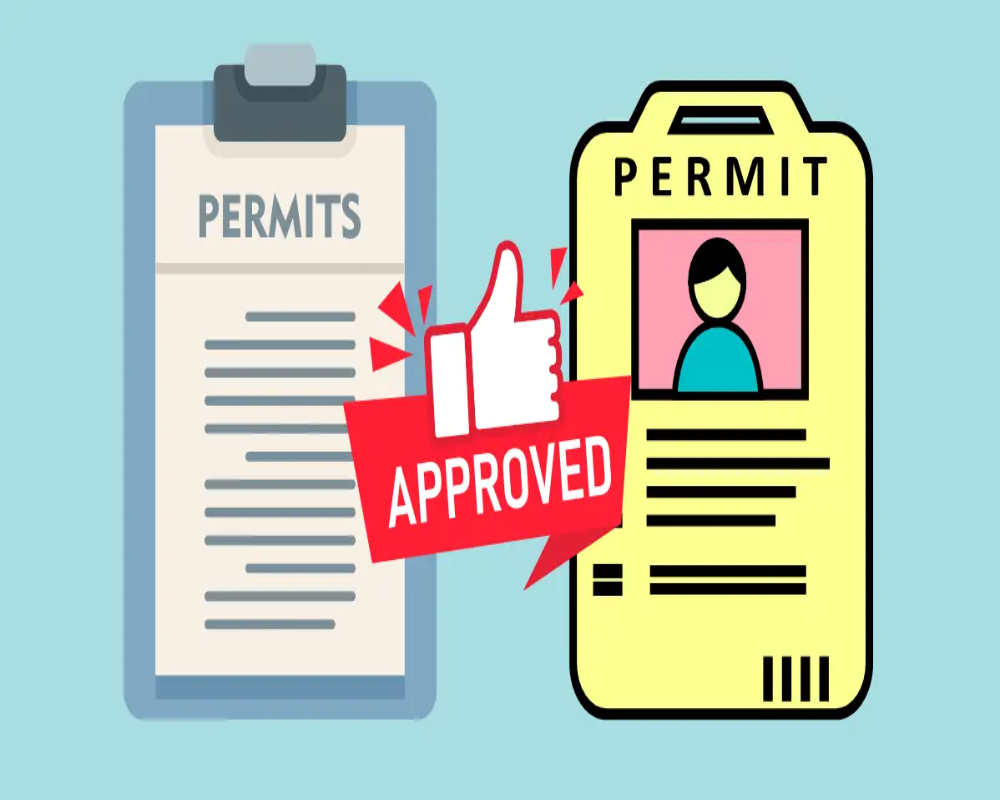Introduction
Zoning permits are fundamental regulatory instruments that govern the use of land based on pre-established planning frameworks. In the context of industrial development, a zoning permit authorizes the legal use of a specific parcel of land for industrial purposes such as manufacturing, warehousing, processing, or logistics. Issued by local or regional planning authorities, zoning permits ensure that land is developed in alignment with the area’s master plan, infrastructure capabilities, environmental considerations, and community welfare. They play a critical role in promoting orderly, safe, and sustainable industrial growth.
Ensuring Legal Land Use Compliance
One of the primary functions of a zoning permit is to validate that the proposed industrial activity is compatible with the designated land use category for that area. Without a zoning permit, industrial operations on land designated for residential, agricultural, or recreational use would be considered illegal and could be subject to fines, demolition, or forced closure. The permit serves as a legal safeguard for investors, developers, and operators by confirming that the site is approved for industrial functions.
Zoning permits also protect the developer from future land use disputes or encroachments by establishing official recognition of the industrial designation. This legal clarity is vital not just for operational stability but also for acquiring financing, insurance, and other permits that depend on land use authorization.
Promoting Orderly Industrial Development
Zoning regulations are designed to prevent the chaotic spread of incompatible land uses and to promote organized growth. By issuing zoning permits for designated industrial zones, planning authorities ensure that industries are clustered in locations equipped with the necessary infrastructure, such as roads, drainage systems, power supply, and connectivity to transportation hubs. This strategic zoning reduces strain on urban infrastructure and avoids conflict with residential or commercial zones.
Zoning permits help in balancing industrial development with other land uses to minimize issues like traffic congestion, environmental pollution, and strain on public utilities. They contribute to the planned expansion of industrial corridors and help manage urban sprawl by guiding growth in a systematic and spatially balanced manner.
Protecting Environmental and Public Health
Industrial activities often involve emissions, noise, waste generation, and high energy consumption. Zoning permits are instrumental in ensuring that such activities are conducted away from sensitive areas such as schools, hospitals, water bodies, and residential neighborhoods. By restricting industrial activities to designated zones, permits help mitigate the environmental and health impacts of industrialization.
The zoning process typically includes environmental screening, which assesses the impact of proposed activities on local ecosystems and natural resources. In doing so, zoning permits support environmentally responsible development by incorporating regulatory conditions that promote sustainability, resource efficiency, and pollution control.
Enabling Infrastructure Planning and Service Provision
Zoning permits enable government agencies and utility providers to anticipate the infrastructure and service demands of industrial developments. When industries are zoned in designated areas, it becomes easier to plan for roads, public transport, water supply, sewage networks, electricity, and communication systems. This integrated planning improves operational efficiency, reduces development costs, and facilitates faster project implementation.
Moreover, zoning permits allow municipal bodies to allocate budgetary resources and administrative attention to specific areas designated for industrial growth, thereby enhancing the overall support ecosystem for industries.
Facilitating Investment and Economic Development
From an economic standpoint, zoning permits offer confidence and clarity to investors and industrial stakeholders. They reduce regulatory uncertainty, accelerate project timelines, and create a more predictable business environment. Zoning permits also act as a precondition for obtaining further industrial approvals such as environmental clearance, building permits, and factory licenses.
In many regions, the creation of special industrial zones or parks with pre-approved zoning has helped attract domestic and foreign investment. These zones provide plug-and-play infrastructure, faster approvals, and streamlined services, making them attractive destinations for industrial enterprises.
Conclusion
Zoning permits are not just regulatory formalities—they are essential planning tools that support lawful, organized, and sustainable industrial development. By aligning industrial activities with land use plans, environmental requirements, and infrastructure capabilities, zoning permits create a structured pathway for industrial growth. They protect public interests, enhance investor confidence, and contribute to long-term economic and environmental stability. For any industrial venture, securing a zoning permit is a foundational step that paves the way for legal, efficient, and responsible development.
Hashtags
#ZoningPermits #UrbanPlanning #IndustrialDevelopment #LandUse #RegulatoryCompliance #BusinessGrowth #CommunityPlanning #EconomicDevelopment #ConstructionPermits #LocalGovernment #RealEstateDevelopment #SustainableIndustry #ZoningLaws #InfrastructurePlanning #BusinessRegulations #SiteSelection #PropertyDevelopment #IndustryStandards #PlanningApproval #SmartGrowth


